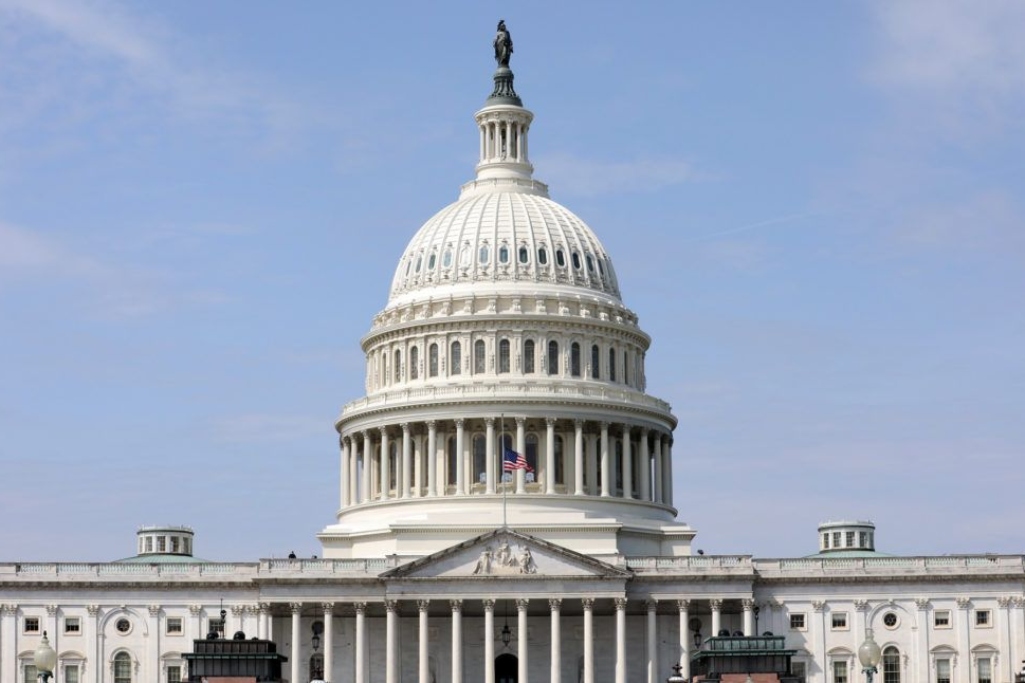Resolutions have yielded a mixed bag of successes and flops over the course of Christian history.
A fourth-century Egyptian robber named Moses roamed the Nile Valley with a violent criminal gang, slaughtering people’s livestock for the pure joy of killing. Then he heard of monastic communities in the desert, resolved to join one and participate in their life of spiritual disciplines. It made a huge difference. He placed his faith in Christ, became known for gentleness and hospitality and took the title Abba Moses to signify his deep spirituality.
A resolution didn’t work out so well for John Chrysostom, a fourth-century preacher known for his eloquence. Young and gung-ho for spiritual progress, he resolved to live in a cave, sleep one hour per night while leaning against a wall and memorize the New Testament. It worked at first. He memorized lots of scripture. But he also permanently damaged his health, and a bishop ordered him to stop.
Some Christians in church history “bit off too much,” said Chris Hall, president of Renovaré, a Colorado-based ministry focused on spiritual formation and spiritual disciplines. “They tried to do too much. They tried to do it in too short a period of time.”
So how can believers make their New Year’s resolutions productive? Resolutions can foster spiritual growth, say Hall and other spiritual formation experts, if utilized within a broader program of spiritual disciplines and crafted with input from mature Christian friends.
Americans’ practice of spiritual disciplines leaves plenty of room for resolutions to improve, according to the American Bible Society’s State of the Bible 2021 report. Just 1 in 6 U.S. adults (16%) reads the Bible most days during the week. Fifty percent read the Bible less than twice a year. The lack of personal engagement with God’s Word affects corporate disciplines as well, like loving neighbors and building the church, the report found.
Resolution tips
Those realities make spiritual resolutions in order for many as 2022 approaches. One key to making resolutions a success is how they are written, said Andy Davis, pastor of First Baptist Church in Durham, N.C. Don’t be “too prideful or too confident with what [your] resolution’s going to do,” he said. Rather, format resolutions as statements of “what I would like to see God do in my life over the next year.” Hasty resolutions can become “a legalistic burden” by February or March.
Davis knows something about successful resolution making. He has memorized 43 books of the Bible – though he can’t recite them all today – and written a book about extended scripture memory. Among Davis’s do’s and don’ts for resolutions:
- Do make reasonable and measurable resolutions. “I resolve to be a better person” is “not a good resolution because it’s not measurable,” he said. A better resolution would be, “Every night in the month of January I will ask my wife, ‘Did you find me to be kind and loving to you today?’”
- Don’t make resolutions you won’t keep, like memorizing 10 Bible verses a day.
- Do make a relatively small number of resolutions.
Another key to successful resolutions is when they are written, Hall said. It doesn’t have to be Jan. 1.
“Don’t start [making resolutions] if you haven’t already been engaged in spiritual discipline of some kind,” Hall said, “because you’re almost guaranteed to fail. Why? Because the same habit patterns that were troubling you before you ever made that resolution Jan. 1 will raise their head.”
Good intentions to grow spiritually become successful resolutions when they are preceded by what Hall calls “preparatory disciplines,” like watching less TV and enjoying more silence to make room for more traditional spiritual disciplines.
Make resolutions whenever you’re ready, Hall said, whether that’s January, March or November. Then “if you fail, just start over again.” A general principle of spiritual growth “is that we stumble and we get back up.”
Still, milestone days can be valuable for making resolutions. Puritans in the 1500s through 1700s commonly made New Year’s resolutions, along with resolutions on their birthdays, spiritual birthdays and ordination days, said Michael Haykin, professor of church history at The Southern Baptist Theological Seminary.
Famous resolutions
Some of those resolutions continue to inspire Christ-followers. Around 1700, Presbyterian Bible commentator Matthew Henry wrote, “This new-year’s day I have solemnly renewed the resignation and surrender of my whole self to God, as my God, deliberately, and upon good considerations.”
American pastor and theologian Jonathan Edwards made 70 resolutions as a young man in the 1720s. Among them: “Resolved, that I will live so as I shall wish I had done when I come to die” and “Resolved, to study the scriptures so steadily, constantly and frequently, as that I may find, and plainly perceive myself to grow in the knowledge of the same.”
Christians should “recognize the danger of legalism” in making resolutions, Haykin said. “But having said that, they can be helpful” for individuals and churches. “When one joins a body of believers, I think it’s helpful to commit yourself to various things in that body” like worship attendance, praying for the pastor and financial giving.
Despite their utility, resolutions fell into disfavor among evangelicals by the late 1700s. Samuel Pearce, an 18th-century Baptist minister and hymn writer, ripped up his resolution when he felt it became a “legalistic fetter,” Haykin said, and many evangelicals ever since have taken a similar stance on resolutions.
Nonetheless, resolutions maintain their place in healthy spiritual development if part of a balanced spiritual training regimen and not mere statements of good intentions.
Resolutions, Hall said, should focus on “training rather than trying.”
(EDITOR’S NOTE – David Roach is a writer in Mobile, Ala.)


